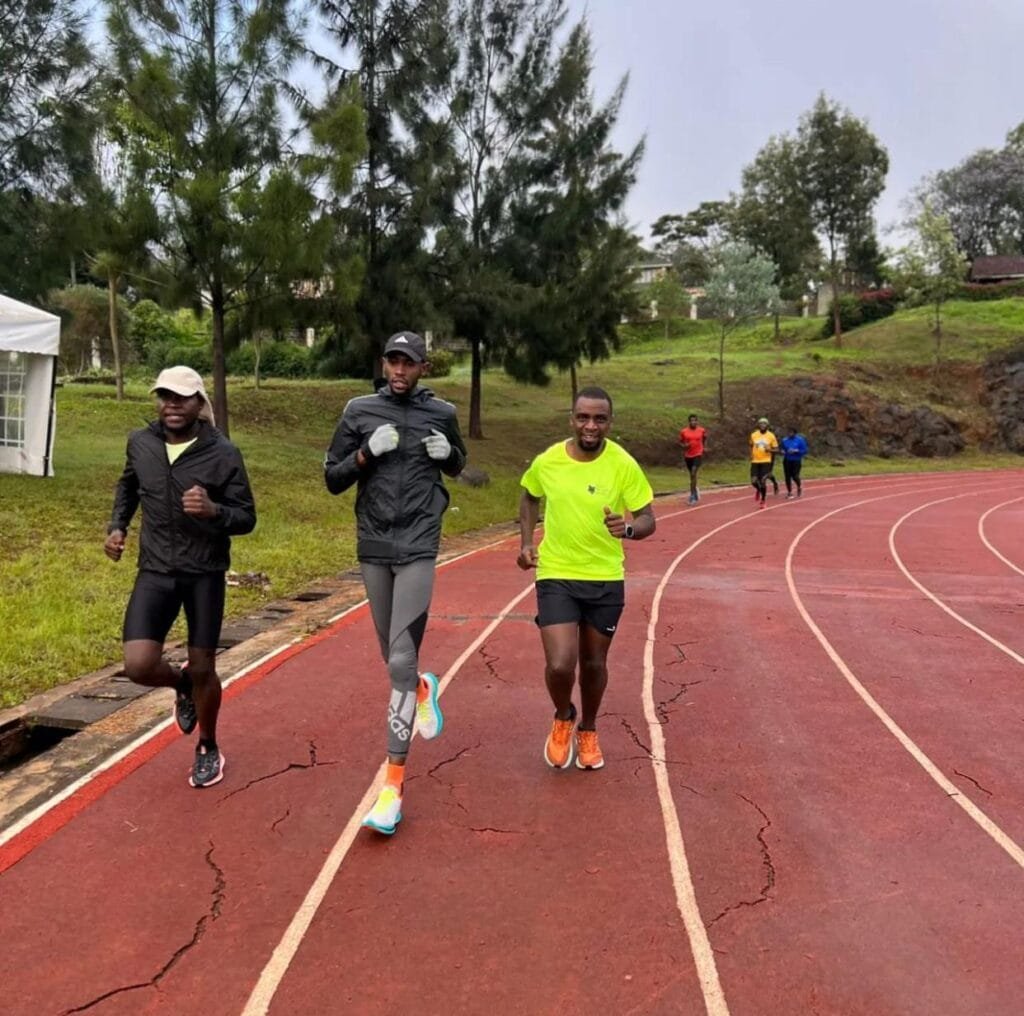As race day for the Nairobi City Marathon approaches, the excitement is palpable. Whether you’re gearing up for your first marathon or you’re a seasoned runner, the days leading up to the race and the race day itself are crucial for ensuring a smooth, successful run. Here’s a guide to help you navigate the final week and a few essential dos and don’ts for the big day.
Race Week Preparation
1. Taper Your Running
In the week before the marathon, less is more. It’s important to reduce your training intensity to allow your body to rest and recover. Focus on shorter, easier runs to keep your muscles loose and your energy levels high. But don’t go completely inactive—light jogging, stretching, and walking will help keep your body primed for race day. Personally, I switch to walks for the entire week leading up to the race.
2. Prioritize Nutrition & Hydration
Hydrate: Begin hydrating days before the race. Drink plenty of water throughout the week and consider adding electrolyte drinks to balance your sodium and potassium levels.
Carb-load gradually: Start increasing your carb intake 3–4 days before the race (not just the night before). This will maximize your glycogen stores, which are essential for fueling your body during the 21 or 42 kilometers. Think pasta, rice, potatoes, and other easily digestible carbs.

3. Plan Your Gear
Lay out your race-day outfit in advance. Ensure you’ve tested your gear during training runs to avoid surprises—nothing new on race day! Especially shoes—make sure they’re broken in to avoid discomfort or blisters. From my experience, there’s nothing worse than unbroken shoes on race day!
4. Get Your Mind Right
Visualize your race: Mentally rehearse your race from start to finish, and prepare for any tough moments. Remind yourself that, just like any 3-hour activity, the race will end. It helps to keep things in perspective—dinners last 3 hours, work projects last 3 hours; you’ve done this before, just in a different form.
Sleep well: Aim for 7-8 hours of sleep each night leading up to race day. A well-rested mind and body will perform much better.
Race Day Dos and Don’ts
Race day is finally here! To ensure a smooth experience, keep these tips in mind:
1. Arrive Early
Give yourself enough time to arrive, settle in, and find your bearings. You’ll also need time to warm up and focus on your race mindset.
2. Stick to Your Plan
- Pace yourself: The adrenaline at the start can tempt you to go too fast. Stick to your planned pace, even if others are sprinting ahead. Gradually build speed as you find your rhythm. Better yet, join a pace group—they’ll keep you on track and provide camaraderie, which is always a boost.
- Be flexible with your goals: Things don’t always go as planned. Whether it’s a missed water station or slower-than-expected splits, adjust your strategy on the go. Personally, I set three goals: my ideal goal, a mid-effort fallback, and a final goal of just finishing strong. Tune in to how you feel, and adjust as needed.
3. Stay Present
Focus on each kilometer as it comes instead of obsessing over the finish line. Break the race into sections to make it feel more manageable and stay motivated. For a half marathon, I check in at 10k, 15k, and 18k, giving myself mini pep talks. For a full marathon, my checkpoints are at 10k, 21k, 25k, and 37k to keep me grounded and motivated.
4. Fuel and Hydrate
- Eat a solid breakfast: Fuel up at least 2–3 hours before the race. Stick to what you know—race day isn’t the time for experimenting with new foods.
- Use aid stations: Stay hydrated and fueled along the course. Sip water regularly, and if you’ve trained with energy gels or snacks, use them to maintain your energy. I personally swear by bananas—they’re easy to digest and packed with essential carbs and potassium, which are a lifesaver during long races.
5. Enjoy the Experience
Take it all in! The Nairobi City Marathon is one of the most scenic races in the country, especially on the expressway. Look around and appreciate the view, the city, and the incredible feat you’re part of.
6. Recover Well
After crossing the finish line, don’t forget to cool down, stretch, and refuel. Your body will thank you in the days that follow. Celebrate your achievement—whether you hit a personal best or simply crossed the line, you’ve completed something extraordinary.
Final Thoughts
Remember, the marathon is more than just a race; it’s a celebration of your hard work, dedication, and resilience. Trust your training, stay flexible with your goals, and above all, enjoy the experience.



For the 21k, I always seem to hit the wall at the 18k mark. Does an energy gel at the 15k mark avoid this experience?